Exotic
The Exotic Pet Debate: Why Banning Them Is Not the Solution
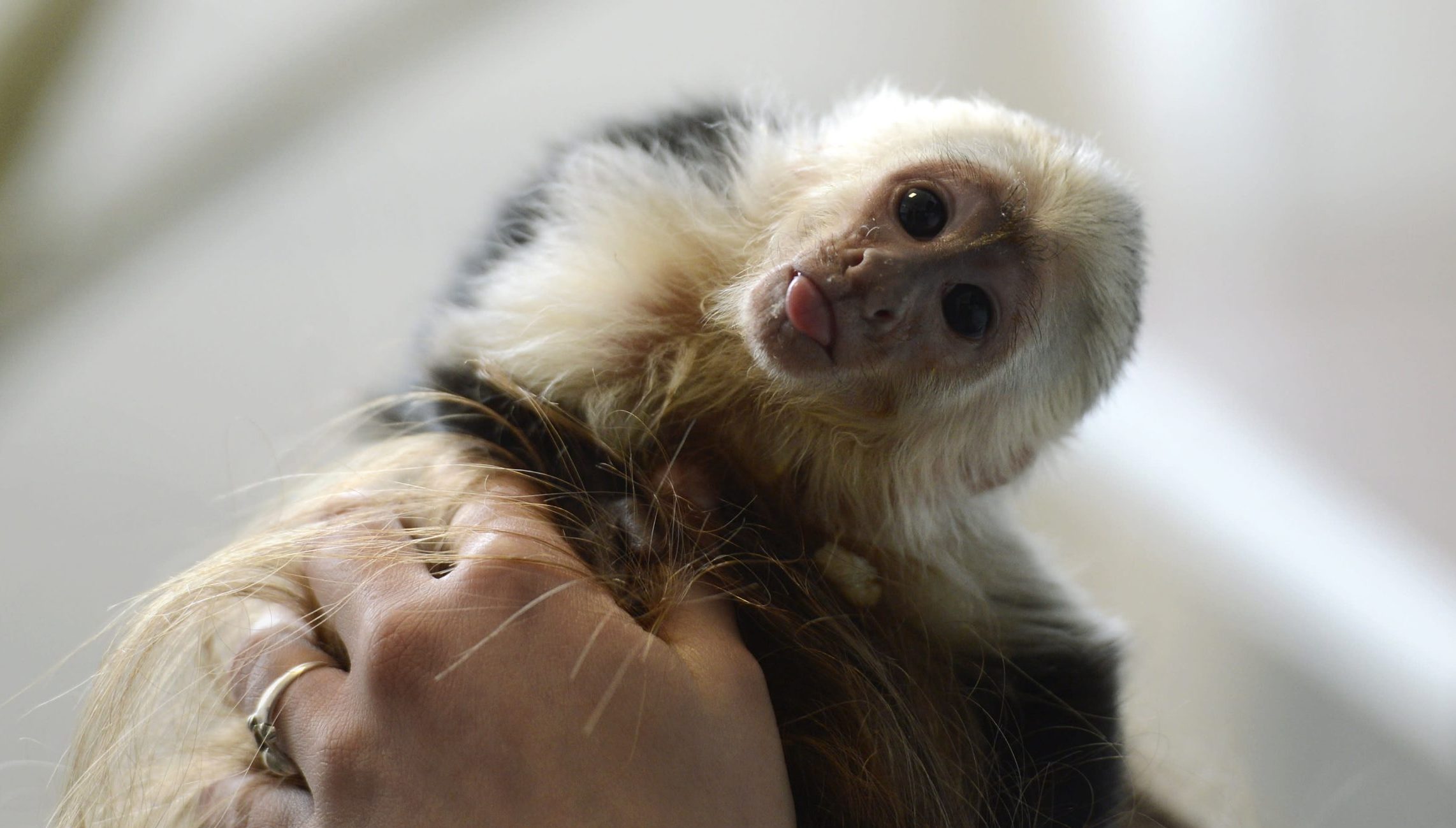
Exotic pets have always been a topic of controversy. While some people argue that they are a symbol of status and a reflection of their unique personalities, others believe that keeping them as pets is inhumane. In recent years, there has been a growing call for bans on exotic pet ownership in various countries, states, and cities. However, banning exotic pets may not be the answer to ensuring their safety and well-being. This article will explore the exotic pet debate and explain why banning them is not the ultimate solution. We will delve into the reasons why people choose to keep exotic pets, the challenges associated with banning them, and the alternative solutions that could be implemented.
- What are exotic pets?
Exotic pets are animals that are not typically kept as pets in the United States. These animals can be found in a variety of places, including pet stores, online marketplaces, and even in the wild. Some of the most common exotic pets include snakes, lizards, birds, and small mammals such as sugar gliders and hedgehogs. While many people choose to keep exotic pets because they find them interesting, others are drawn to their unique appearance or rareness. However, there is often a debate surrounding the keeping of exotic pets due to concerns about animal welfare and public safety. Some argue that it is natural for humans to be interested in exotic animals and that keeping them as pets can be a great way to learn about other species. Others argue that exotic pets may be dangerous, difficult to care for, and may be taken from their natural habitats. Pet owners need to research the specific needs of each exotic pet before deciding to bring one into their home.
- Why do people keep exotic pets?
Exotic pets have been a source of controversy for years. Some people believe that keeping exotic pets should be illegal, while others argue that it should be a personal choice. While there are valid points on both sides of this debate, it’s important to understand why some people keep exotic pets in the first place. For some, owning an exotic pet is a way to feel closer to nature. They enjoy caring for an animal that is not native to their area and learning about its unique needs and behaviors. Others may enjoy the challenge of caring for a more exotic and difficult-to-care-for animal. Additionally, some people may simply be drawn to the beauty and uniqueness of exotic pets, such as tropical birds or snakes. It’s important to note that not all exotic pets are dangerous or difficult to care for. Many exotic pets, such as certain species of reptiles, can make great pets when cared for properly. However, people need to do their research before acquiring an exotic pet to ensure that they can provide the necessary care and environment for the animal’s well-being. Overall, while there are valid concerns about the ownership of exotic pets, it’s important to recognize that not all exotic pet owners are irresponsible or dangerous. By understanding why people keep exotic pets and promoting responsible pet ownership, we can work towards a solution that benefits both animals and people alike.
- The challenges of banning exotic pets
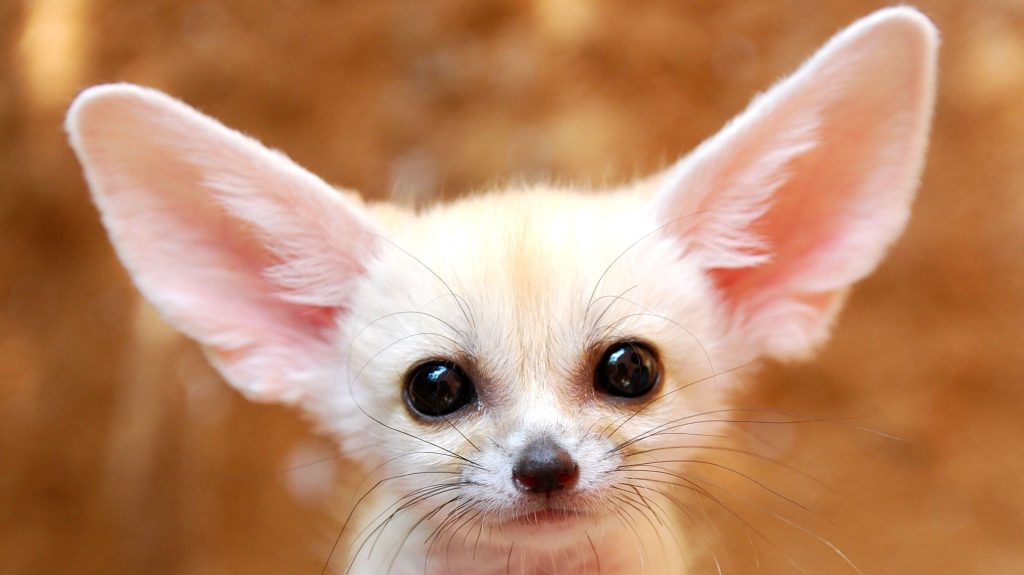
While many people argue that exotic pets should be banned altogether, there are several challenges associated with such a move. Firstly, it is important to understand that exotic pets are not illegal in many countries. There are many countries where they are allowed to be kept as pets. This means that banning them would require a significant change in legislation, which can be a lengthy and challenging process. Secondly, banning exotic pets can lead to some unintended consequences. When a particular pet is banned, it creates a black market for that animal which can lead to the development of an unregulated industry. This can result in animals being mistreated, smuggled, and sold at extremely high prices, and can contribute to the spread of diseases. Finally, a blanket ban on exotic pets can be problematic because it fails to consider that some exotic animals can be kept as pets safely and responsibly. Responsible pet ownership includes providing appropriate living conditions, diet, and veterinary care. Additionally, responsible pet owners take the time to research the specific needs of the animal they are interested in keeping and ensure that they can provide for those needs. In conclusion, while there are certainly concerns associated with keeping exotic pets, there are also many challenges associated with banning them outright. Any decision regarding exotic pet ownership should be made carefully and with consideration for the welfare of the animals in question.
- Alternative solutions to exotic pet ownership
While some may argue that banning exotic pet ownership is the only solution to the exotic pet debate, there are alternative solutions that can be explored. One solution is to establish strict regulations and guidelines for exotic pet ownership. This would involve setting standards for how exotic pets are obtained, transported, and cared for. It would also involve enforcing harsh penalties for those who violate these regulations. Another solution is to educate the public about the dangers and responsibilities of owning an exotic pet. This can be done through public service announcements, advertising campaigns, and educational programs in schools. By educating the public, we can help prevent people from making impulse decisions to purchase exotic pets without understanding the long-term consequences. Finally, people can consider adopting domestic pets from shelters or rescues instead of exotic pets. Domestic pets are often just as loving and entertaining as exotic pets, and countless cats and dogs need loving homes. Rather than adding to the demand for exotic pets, we can support the adoption of domestic pets and help reduce the number of animals in shelters. These are just a few alternative solutions to the exotic pet debate that we can consider to help protect both animals and people.
- conclusion
In conclusion, the debate over exotic pets is quite complex, and there are legitimate arguments on both sides. While some people believe that exotic pets should be banned entirely, others argue that a blanket ban is not the solution. It’s essential to remember that there are both responsible and irresponsible pet owners, regardless of whether they own a domestic or an exotic animal. Banning exotic pets might force some owners to give up their pets, which could lead to more animals being abandoned or sent to inappropriate facilities. Instead of a blanket ban, a more effective solution would be to regulate exotic pet ownership and breeding practices to ensure that animals are kept in the best possible conditions. This would include measures such as education, licensing, and inspections to ensure that exotic pets are being treated properly. Ultimately, the goal should be to protect the welfare of these animals while also ensuring that people can continue to enjoy and care for them responsibly.
Read Also :
Top 5 Unusual Exotic Pets That You Can Own Legally
Should You Really Get a Monkey as a Pet?
0 Comments
Leave a Reply
Cancel reply
Exotic
Top 5 Unusual Exotic Pets That You Can Own Legally
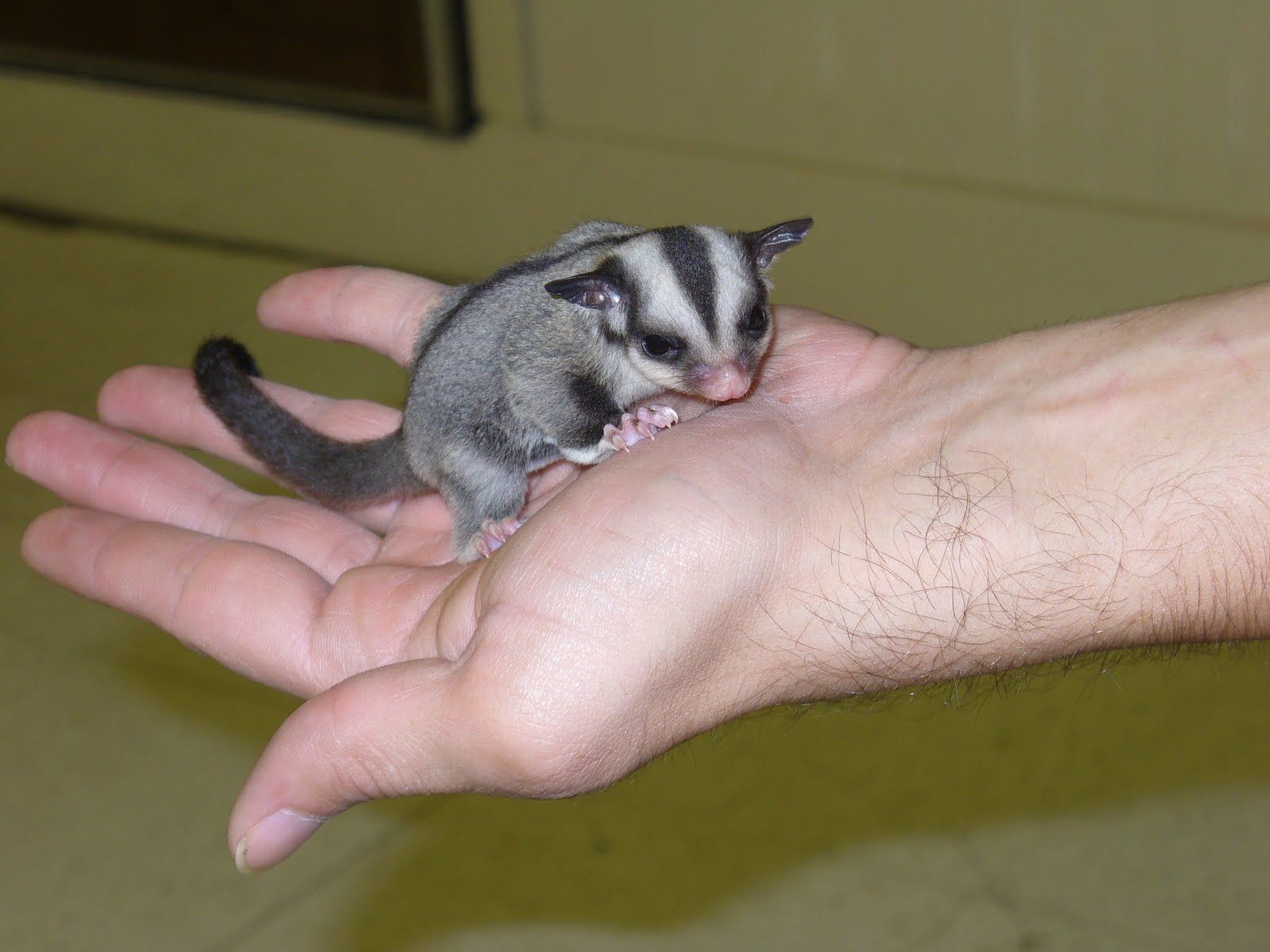
Exotic pets have become a fascination for animal lovers all around the world. The desire to own an animal that is unique and unusual is on the rise, with people seeking pets that can stand out in a crowd. From tiny insects to large reptiles, the world is filled with an endless variety of exotic animals. However, not all of these creatures can be owned legally. To help you out, we’ve compiled a list of the top 5 unusual exotic pets that can be legally owned, so you can add a little something special to your life.
1) Hedgehogs
Hedgehogs are among the most popular exotic pets due to their unique physical characteristics and cute appearance. They are small, spiky, and known for rolling up into a tight ball when they feel threatened. As exotic pets, they are easy to care for and have a relatively low maintenance level. Hedgehogs are nocturnal animals and can be trained to interact with their owners during the day. They can also learn tricks and be taught to recognize their owners’ voices. However, before considering a hedgehog as an exotic pet, it’s essential to check if it is legal to own one in your area. Some states and countries have regulations on owning exotic pets, including hedgehogs. Make sure you have the necessary permits and knowledge to take care of your pet hedgehog.
2) Sugar Gliders
Sugar gliders are small, nocturnal marsupials that have become increasingly popular as exotic pets. They are known for their cute appearance and affectionate personalities, which have made them a favorite among many exotic pet enthusiasts.
One of the most interesting things about sugar gliders is their ability to glide. They have a thin membrane, called a patagium, that stretches from their wrists to their ankles. When they jump, they spread their arms and legs and glide through the air like tiny superheroes. This ability to glide makes them incredibly fun to watch and interact with.
If you’re considering owning a sugar glider, it’s important to know that it requires a lot of attention and care. They are highly social animals and need a lot of interaction with their owners to stay healthy and happy. They also require a specialized diet, which includes fresh fruits and vegetables, as well as special supplements to ensure they are getting all of the nutrients they need.
Another important thing to consider before owning a sugar glider is its lifespan. These animals can live up to 15 years in captivity, which is a significant commitment for any pet owner. You’ll need to be prepared to provide for them for the long haul, which means making sure they have a safe and comfortable living environment and regular visits to the vet to ensure they stay healthy.
Overall, sugar gliders are a unique and fascinating addition to any household. They are playful, social, and incredibly cute, which makes them a joy to own. However, they do require a lot of attention and care, so make sure you’re prepared for the commitment before taking on these tiny gliders as pets.
3) Bearded Dragons
Bearded dragons are fascinating reptiles that make excellent exotic pets. They are easy to handle, low maintenance, and have a docile temperament. These unique creatures are native to Australia, and they get their name from the spiny scales around their throat, which resemble a beard.
One of the most exciting things about bearded dragons is their wide range of colors and patterns. They can range from earthy browns and greens to bright oranges and reds. Bearded dragons are also social animals that enjoy interacting with their owners and other pets. They can even learn to recognize their owners and respond to their voices and touch.
To keep a bearded dragon healthy and happy, it is essential to provide them with proper care and habitat. They require a warm, dry environment with access to sunlight or artificial UVB lighting to promote healthy growth and metabolism. Bearded dragons also need a varied diet that includes vegetables, insects, and fruits.
When considering owning a bearded dragon, it is essential to research their specific care requirements thoroughly. They can live up to 15 years in captivity and may require specialized veterinary care throughout their lives. However, with the right care and attention, bearded dragons can make fantastic and rewarding exotic pets for those who are up to the challenge.
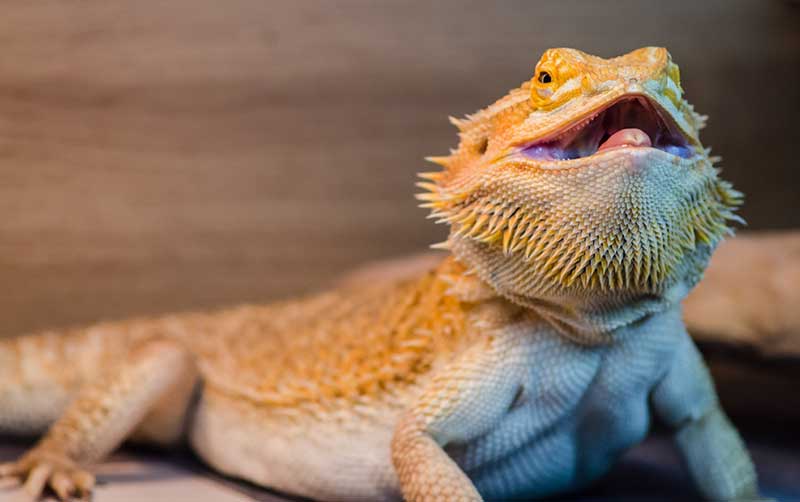
4) Serval Cats
If you’re looking for a pet that’s more unique than a domesticated housecat, a Serval cat might be the perfect choice. These wild cats are native to Africa and have stunningly beautiful fur with distinctive spots and stripes. Serval cats are a popular exotic pet, and it’s legal to own them in many states in the US with the proper permits.
Serval cats are highly active animals and require plenty of exercise to stay healthy and happy. They need a large space to roam around in, such as a big yard or an outdoor enclosure. These cats are known for their athleticism and can jump up to nine feet in the air to catch their prey. While serval cats are friendly and playful, they can also be territorial and can exhibit aggression towards unfamiliar people or pets. Proper socialization and training are essential to ensure that your Serval cat can coexist peacefully with others.
Serval cats have a carnivorous diet, and their nutrition needs are similar to those of domesticated cats. However, they also require plenty of water and should have access to clean drinking water at all times. Since these cats are exotic pets, they need specialized veterinary care, and finding a veterinarian experienced with treating serval cats can be challenging.
5) Fennec Foxes
Another unique and fascinating exotic pet option is the fennec fox. These small foxes are native to the Sahara Desert in North Africa and are known for their large, distinctive ears. They are social creatures and are often kept in pairs.
Fennec foxes require a lot of attention and socialization, as they can become quite attached to their owners. They also have specific dietary requirements, which can include a mix of insects, fruits, and vegetables.
In terms of legal ownership, it is important to check your state and local laws, as they vary from place to place. However, many states do allow ownership of fennec foxes with the proper permits and licensing.
If you are considering adding a fennec fox to your household, be prepared for the commitment and responsibility that come with owning an exotic pet. But with proper care and attention, these unique and adorable animals can make wonderful companions.
Read Also :
Should You Get a Monkey as a Pet?
Why a Rabbit Might be the Perfect Pet for You
Exotic
Why a Rabbit Might be the Perfect Pet for You
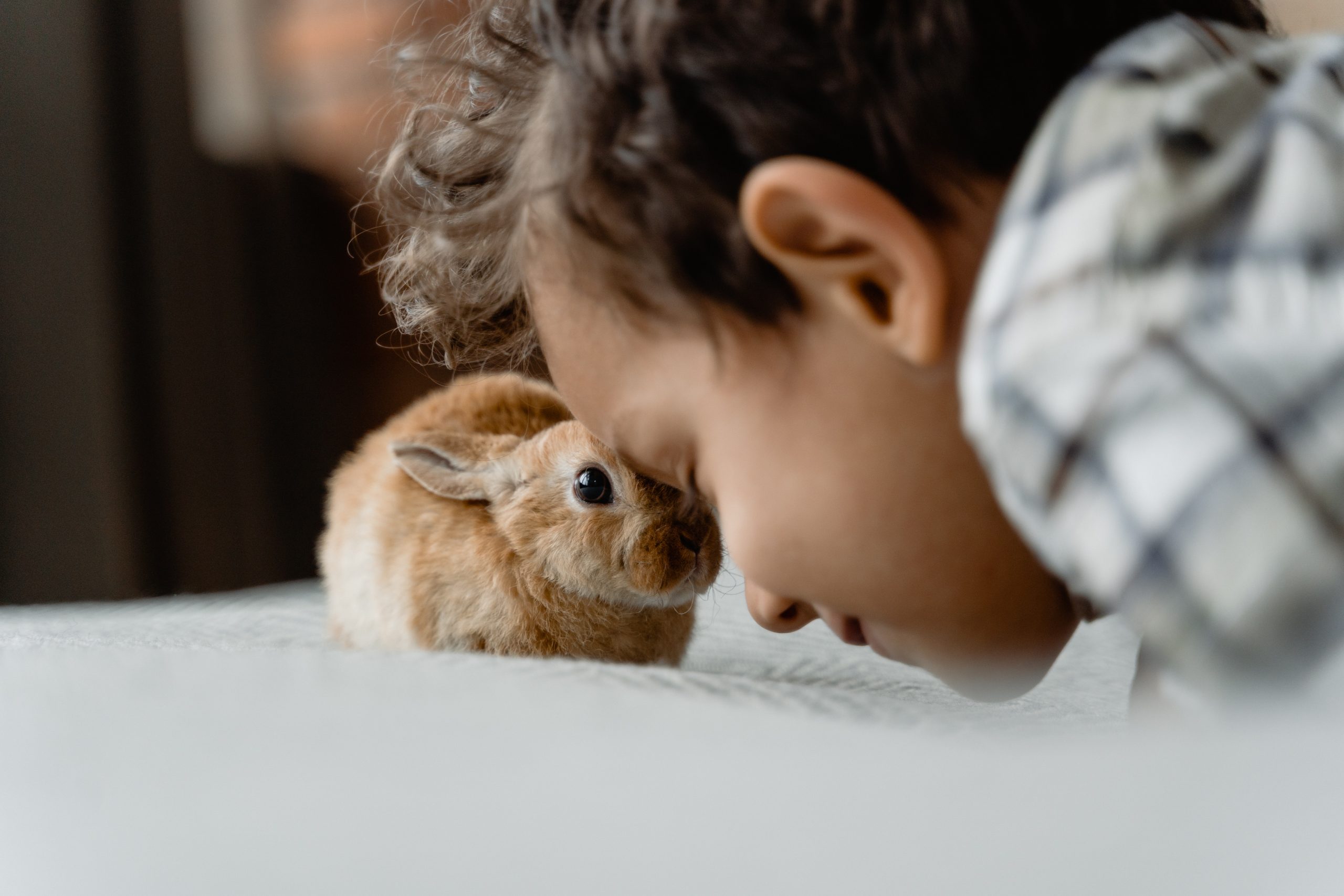
Rabbits are so cute and cuddly, that it’s hard not to fall in love with them. They also make the best pets, whether you have children or not, because they are so easy to take care of and have few health issues. If you’re looking to get a new pet, you might want to consider getting a rabbit!
Rabbits are low-maintenance
By nature, rabbits are docile and sweet—they’re a great addition to any family looking for an animal that requires little maintenance. They can be litter-box trained and do not need walks or training. Rabbits will often hop in and out of their home at will, so they require very little fencing. And they don’t mind being left alone while you’re at work all day; like most small pets, rabbits seem to prefer it that way!
Rabbits love affection
A rabbit’s needs are simple, and they aren’t picky. They love attention, care, and handling and will nuzzle right up to you to get it (though, unlike cats or dogs, they won’t be pushy about it). It’s very easy to build an intimate bond with a rabbit; in fact, people who live alone can benefit from rabbit companionship most of all. And even if you have other pets or small children, rabbits are generally gentle with everyone—youngsters included. Rabbits might look like prey animals, but in reality, they’re calm, confident creatures that want nothing more than to soak up as much of your attention as you can spare! Also…
Rabbits are energetic and playful
They’re known as some of the most social pets you can have. While they tend to get lonely when left alone all day, keeping one around can be like having another member of your family—and we all know how great it is to have a pet! One thing’s for sure: if you’re looking for an energetic companion, rabbits are likely right up your alley.
Rabbits love attention
Need someone to love? Rabbits are friendly, social creatures and will happily curl up on your lap to enjoy some affection. If you’re looking for an animal that’s content spending time with you, rabbits are a good bet. Even if you’re not around all day, rabbits can amuse themselves and don’t require constant supervision—so when you do have time to spend with them, they’ll make sure it counts. As Dr. Andrew Knighton of Cheshire Vets puts it: People often think [rabbits] are boring or fussy pets but that couldn’t be further from the truth; they’re very active and entertaining animals who form strong bonds with their owners.
Don’t worry, there are plenty of places where you can buy them in-store
If you’re nervous about ordering a rabbit online, don’t be. Local pet stores carry them, as do many universities that have veterinary schools, and hobby farms/petting zoos. Just visit one of these places and take your time looking over all of your options before you commit to anything. And remember: it’s only $10 to adopt! The charities we work with all strive to find homes for every animal they bring into their care. So don’t worry—even if you end up deciding against getting your pet bunny, there is always another furry friend just waiting in line behind it who will make an excellent companion. Or maybe even two!
Read Also :
What’s on the Menu? A Look at Healthy Food for Rabbits
Don’t Be a Hopeless Bunny Owner: Tips For Properly Caring For Your Rabbit
Exotic
Why Tortoises Might Be the Oldest Living Animals on Earth?
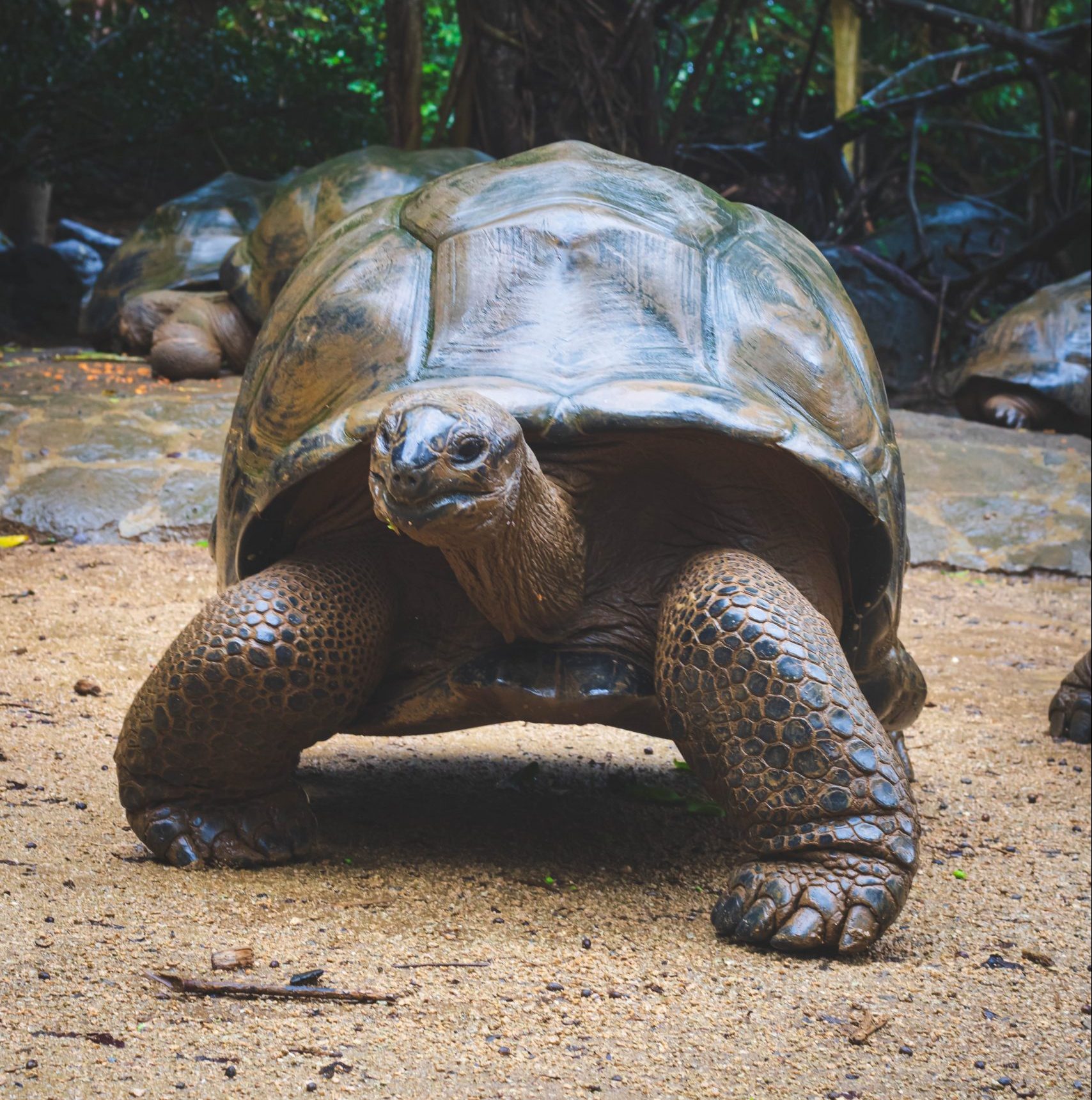
As tortoises have existed on the planet for millions of years and are known to live for long periods, it’s no wonder that many believe tortoises might be the oldest living animals on Earth. So what makes these slow-moving reptiles so durable? And how do they manage to survive as long as they do? This informative piece explores the history of tortoises and details how they can live as long as they do, possibly making them one of the oldest living animals in existence!
How old are tortoises?
Tortoises are among the oldest living animals on earth. The Galapagos tortoise is estimated to be anywhere from 180-250 years old, which is approximately 150-170 human years old. This makes them a lot older than any other animal or plant species that live in this region. However, some say that they might even be the oldest living creatures in existence. If this were true, it would mean that they have been around for more than 200 million years! And not only do they live a very long time, but they are also capable of reproducing at an advanced age.
What makes tortoise shells unique?
Tortoise shells are unique in that they are made up of three layers: an inner layer of bone, a middle layer of cartilage, and an outer layer called the periosteum. The periosteum contains blood vessels and is what gives the shell its sheen. This outer part is grown throughout a tortoise’s life, but it can’t regenerate itself so when it wears away from use, old age, or injury, it cannot heal itself.
How do you take care of a pet tortoise?
Tortoises are extremely low-maintenance pets. They enjoy being left alone and don’t need a lot of human interaction. But tortoises should always be kept indoors because they can’t regulate their body temperature like other reptiles, so they can easily overheat in hot weather. They should never be left outside during the day to avoid stress, which could lead to illness or death. At night, when it’s cooler, you may choose to let your tortoise out for some fresh air – but again, make sure he is well-shaded from the sun!
How long do tortoises live?
Tortoises are among the oldest living animals on earth. InSomeortoise species have been around for over 140 million years! This is largely due to their slow rate of metabolism and low caloric intake. Compared to other animals, they live in a much slower time frame – one day for a tortoise is like one year for humans. Interestingly enough, unlike most other living beings that grow weaker with age, tortoises become stronger as they get older! Because they have such a slow metabolism, they require less food and their organs don’t need to work so hard.
Do you know any other interesting facts about tortoises?
Tortoises are one of the oldest living animals on earth, some with ancestors that lived during the dinosaur era. The Galapagos tortoise is one of these, and it can live to be over 100 years old. One such specimen was found in an abandoned home in California and was determined to be about 170 years old! They have a slow metabolism because their shell provides them with protection from predators, so they can go for long periods without eating anything.
Read Also :
The Exotic Pet Debate: Why Banning Them Is Not the Solution
Top 5 Unusual Exotic Pets That You Can Own Legally
Trending

 Cats1 year ago
Cats1 year agoDon’t Feed Your Cat These 8 Foods!

 Cats11 months ago
Cats11 months agoWhy Do Cats Spray and How Can You Stop Them? Insights into Urine Spraying in Male Cats

 Cats10 months ago
Cats10 months agoThe Ins and Outs of Cat Sterilization: Removing the Female’s Ovaries

 Cats10 months ago
Cats10 months agoPre-Vaccination Prep: Getting Your Cat Ready

 Cats9 months ago
Cats9 months agoWhy Kittens are Born Dead or Deformed

 Dogs2 years ago
Dogs2 years agoSo You’re Thinking About Getting a Poodle

 Dogs10 months ago
Dogs10 months agoWhat to Do With Your Dog’s Body After Death: A Guide for Pet Owners

 Cats9 months ago
Cats9 months agoSigns of Cat Pregnancy Week by Week


















Pingback: Should You Really Get a Monkey as a Pet? - Gentel Life Plus
Pingback: Why Tortoises Might Be the Oldest Living Animals on Earth?